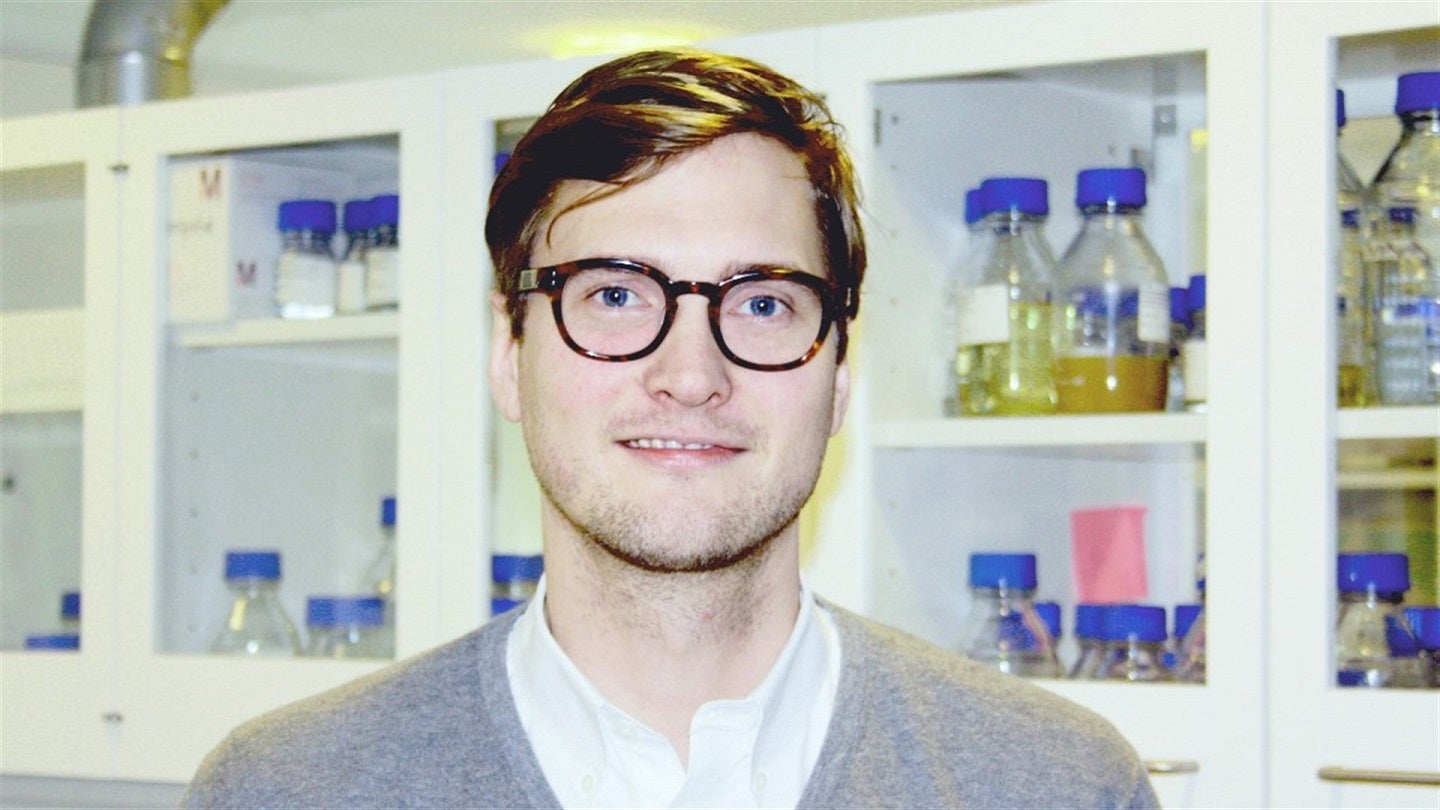Researchers develop CRISPR-based drug candidate for microbiome targeting
The new drug candidate is expected to reduce the death rate of blood cancer patients from E coli infections.

The Technical University of Denmark (DTU) has announced that an international scientific team has developed a CRISPR-based drug candidate that targets E coli directly and leaves the microbiome intact.
Blood cancer patients with E coli infection are at risk of bacteria infecting the bloodstream.
An E coli infection can be fatal in these cases, with a 15-20% mortality rate.
The use of antibiotics can have detrimental effects on the patient’s microbiome but is the predominant cure for such infections.
DTU stated that the new drug candidate is expected to improve the well-being of blood cancer patients and reduce their death rate from E coli infections.
The research team has designed four bacterial viruses which use CRISPR technology to kill the unwanted bacteria precisely.
The division of infectious diseases at Weill Cornell Medicine carried out the work in collaboration with JAFRAL and JMI Laboratories.
The team, based at SNIPR Biome, screened 162 naturally occurring phages (viruses that kill specific bacteria) and found that eight showed promise in targeting E coli.
The team then engineered the phages through gene editing to improve their targeting ability.
A mixture of four of these phages, dubbed as SNIPR001, was found to effectively target the bacteria in biofilms.
SNIPR001 also reduced the number of E coli more than naturally occurring phages.
SNIPR Biome co-founder and DTU Biosustain professor Morten Otto Alexander Sommer stated: “We believe that a narrow spectrum drug with these properties could be very useful to cancer patients, among others, who often get serious infections that are difficult to treat with current antibiotics.”
The US Food and Drug Administration has granted fast-track designation to SNIPR001, which is currently in clinical development.
What's Your Reaction?
































